Colorectal
Colon and rectum are the terminal sections of the gastrointestinal (GI) system. Their main purpose is to process and pass waste from the body. More frequent colorectal conditions include: colorectal cancer, hemorrhoids, diverticulitis, ulcerative colitis, Crohn’s disease, rectal prolapse, etc.
Colorectal Cancer
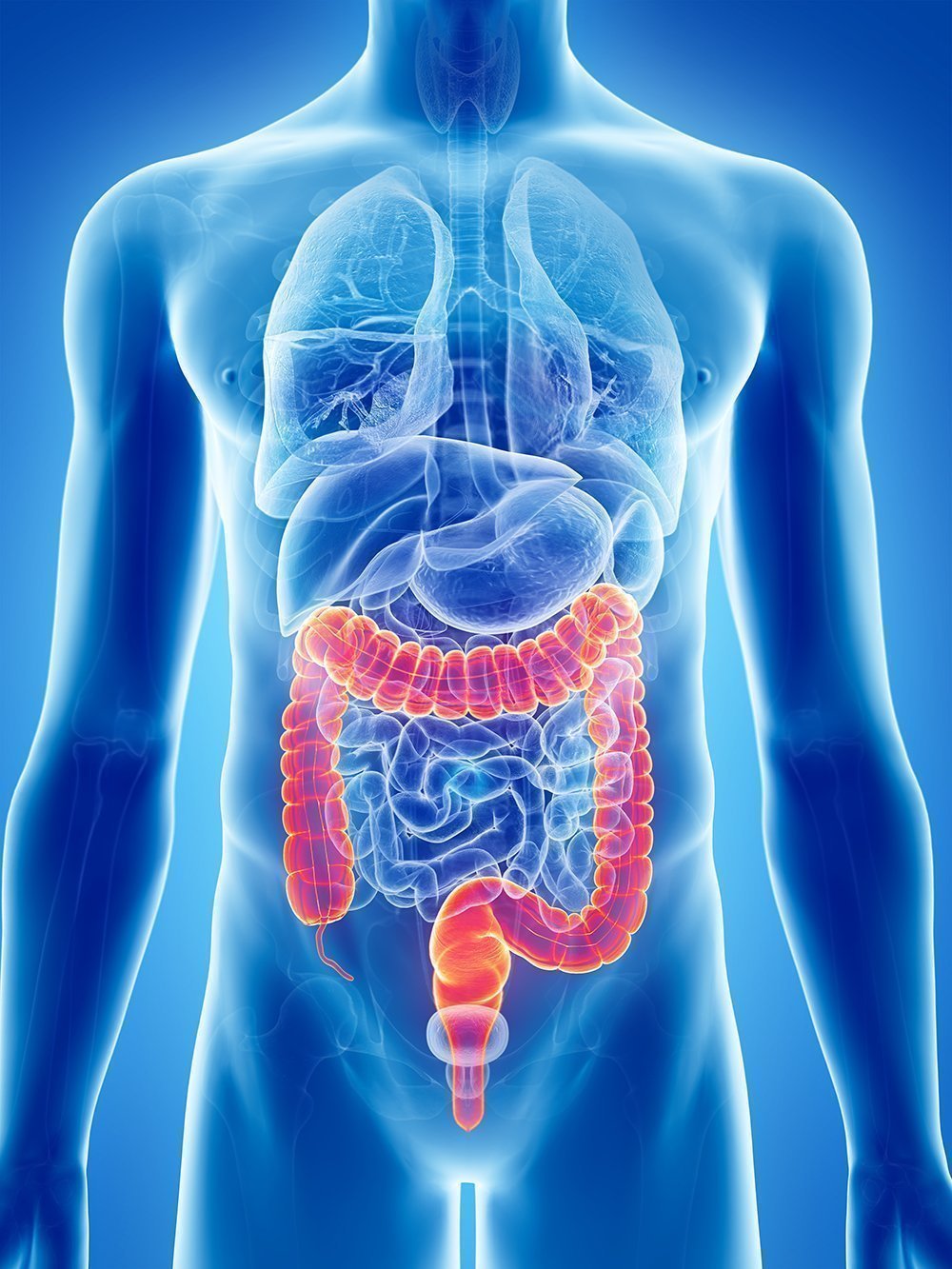

Understanding the Problem:
Colorectal cancer usually starts in the glands of the colon or rectum lining, and affects almost 1.3 million people worldwide each year. This is the fourth most common cause of cancer death and almost all cases begin as non-cancerous (benign) polyps that slowly develop into cancer. Similarly to many other types of cancer, colorectal cancer can spread to regional lymph nodes and tissues, and/or other parts of the body (metastasis) via the circulatory system and lymphatics.
Signs & Symptoms:
- Changes in bowel habit (color, consistency, frequency etc)
- Pelvic pain
- Persistent abdominal discomfort (cramps, gas, pain, etc)
- Weakness or fatigue
- Unintentional weight loss
- Rectal bleeding or blood in the stool
Examinations required: · Colonoscopy and/or Sigmoidoscopy - a long, flexible tube, attached to a video camera is inserted into the rectum to view potential suspicious areas
- Biopsy - removal of polyps and other tissue samples from the colon and/or rectum during an endoscopic procedure · Stool test - checking for blood in the stool (fecal occult blood test - FOBT / fecal immunochemical test - FIT / stool DNA test - sDNA)
- CT Scan - virtual colonoscopy · Capsule endoscopy - swallowing a small, pill-sized camera that takes a video of the inside of the intestines.
If any of these examinations suggest you are suffering from colorectal cancer, and treatment doesn’t ease the symptoms, Minimally Invasive Robotic Surgery may be advised
Hemorrhoids
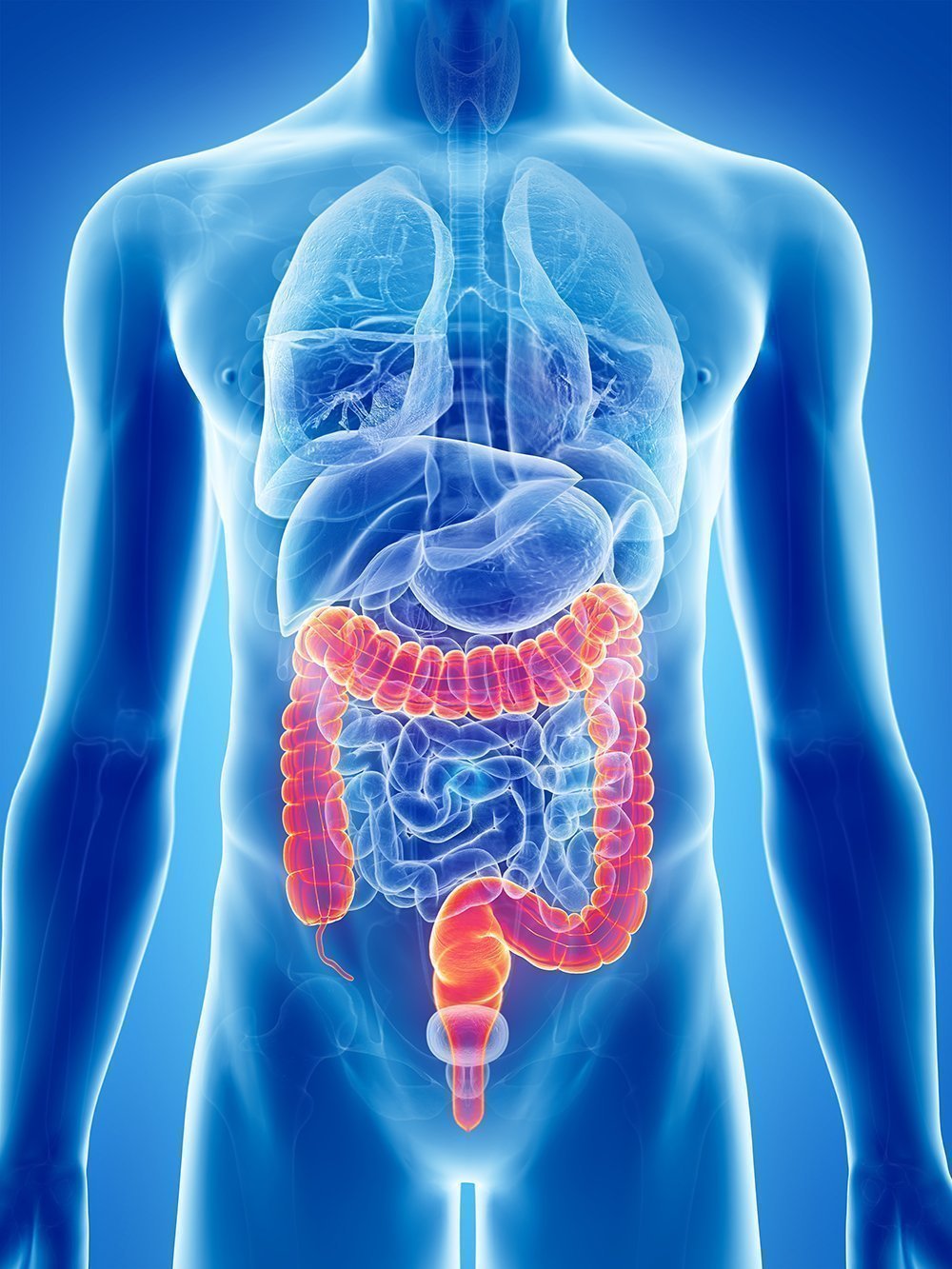

Understanding the Problem:
Hemorrhoids, commonly referred to as piles, are swollen veins in the anus and lower rectum. The disease can occur due to a number of reasons but generally its origin is often unknown.
Around 75% of adults suffer from hemorrhoids at least once in their lifetime and these can develop either internally (inside the rectum) or externally (around the anus).
Signs & Symptoms:
- Itching / irritation in the anus
- Severe pain or discomfort
- Swelling around the anus
- Painful and/or painless bleeding during bowel movements
- A hemorrhoid protruding through the anus
- A hard lump near the anus
Examinations required:
- Rectal examination
- Visual inspection - Anoscopy, proctoscopy or sigmoidoscopy
- Colonoscopy - a long, flexible tube, attached to a video camera is inserted into the rectum to view potential suspicious areas
If any of these tests suggest you are suffering from Hemorrhoids, Minimally Invasive Robotic Surgery may be advised.
Diverticulitis
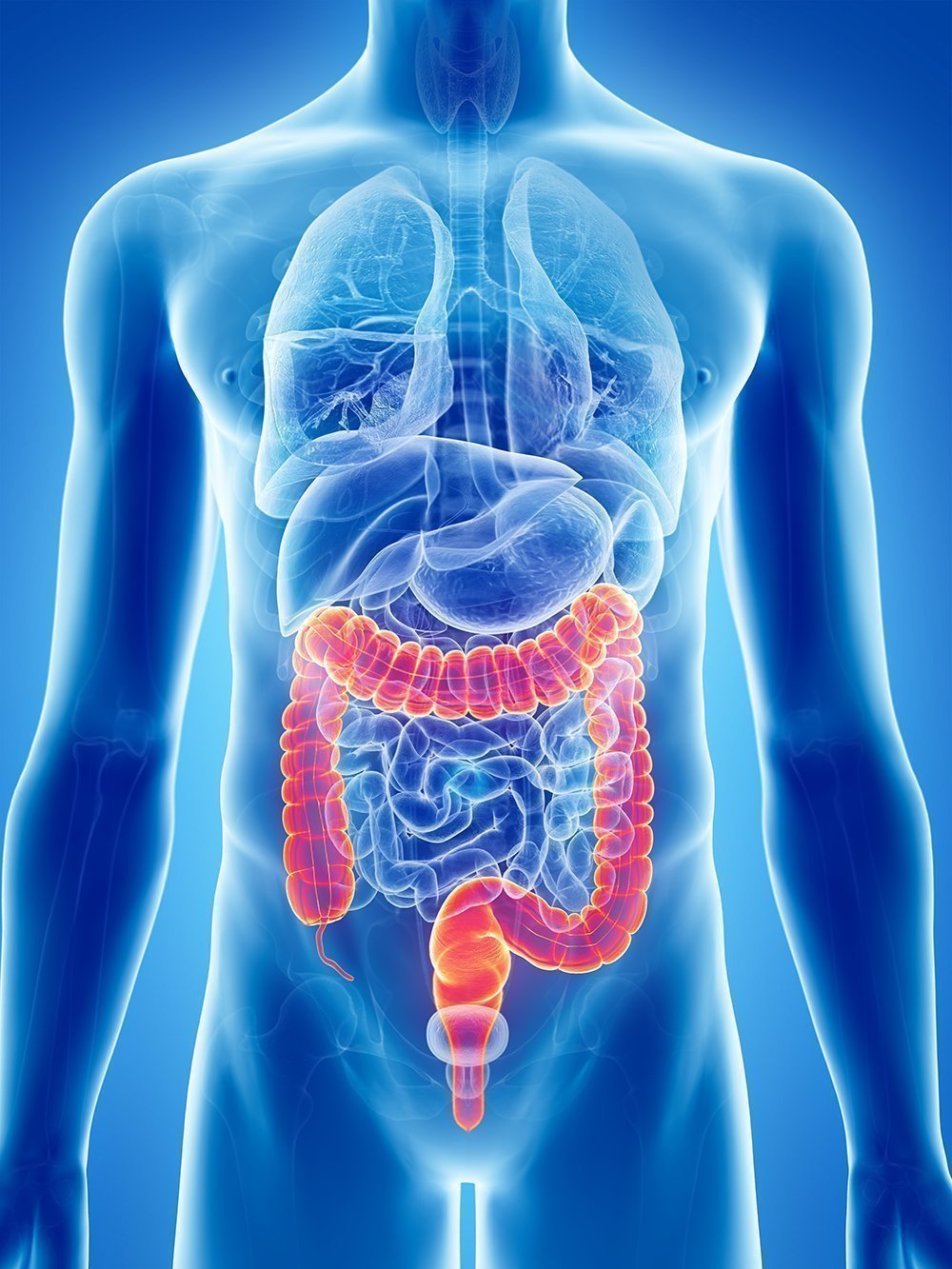

Understanding the Problem:
Diverticulitis is a inflammatory condition in which small pouches form and in the lining of the colon, usually causing abdominal pain. The primary cause of diverticulitis is constipation and thus any of its subsequent causative factors (low fiber intake, protein-rich diet, sedentary lifestyle, etc). About 10% of people over the age of 40 suffer from diverticulitis in the U.S. alone.
Signs & Symptoms:
- Abdominal pain and tenderness
- Nausea and vomiting
- Fever
- Constipation
Examinations Required:
- Physical examination - checking the abdomen for tenderness
- Blood, Urine & stool tests
- Liver enzyme test (CRP and Procalcitonin inflammatory markers)
- CT scan
If any of these tests suggest you are suffering from Diverticulitis, Minimally Invasive Robotic Surgery may be advised.
Ulcerative Colitis
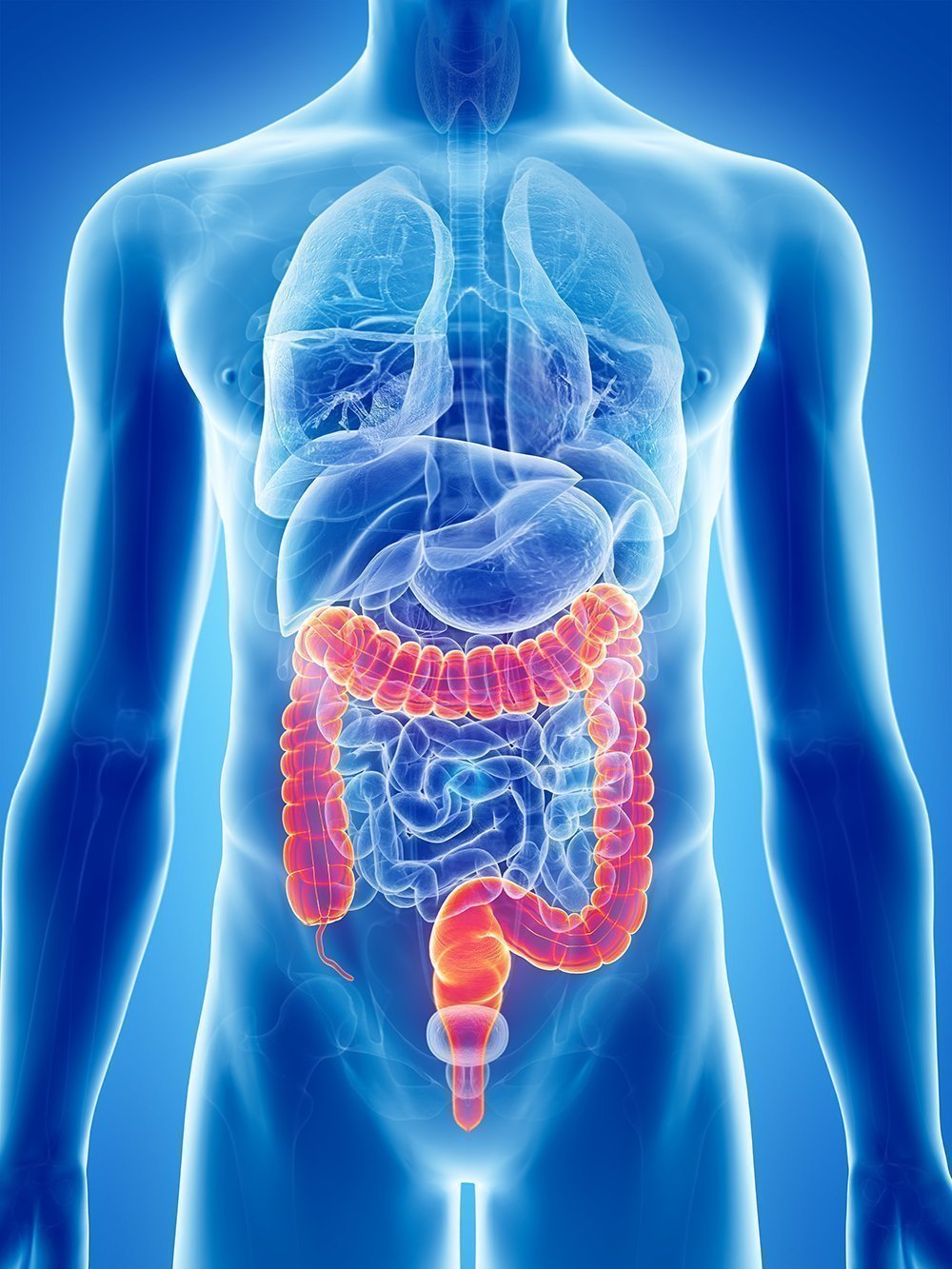

Understanding the Problem:
Ulcerative colitis is a bowel disease that causes inflammation and ulceration in the colon and recturn. This disease usually affects the innermost lining of the large intestine and rectum. Symptoms aren’t immediately visible, but rather develop gradually over time. Individuals suffering from ulcerative colitis may experience significant impact on their everyday lives and may even sometimes lead to life-threatening complications. While it has no known cure, treatment can greatly reduce signs and symptoms of the disease and bring about long-term remission.
Signs & Symptoms:
- Diarrhea, often with blood or pus;
- Abdominal pain and cramping;
- Rectal pain;
- Rectal bleeding (passing small amount of blood with stool);
- Urgency to defecate;
- Inability to defecate despite urgency;
- Weight loss;
- Fatigue;
- Fever;
- In children, failure to grow;
Examinations Required:
Endoscopic procedures with tissue biopsy are the definitive diagnostic means for ulcerative colitis. To help confirm a diagnosis of ulcerative colitis, the following tests and procedures could be performed:
- Blood tests
- Stool tests
- Endoscopic procedures (Colonoscopy & flexible Sigmoidoscopy)
- X-ray
- CT scan enterography / MR enterography (to reveal the extent of colon inflammation)
If any of these tests suggest you are suffering from Ulcerative Colitis, Minimally Invasive Robotic Surgery may be advised.
Crohn’s Disease
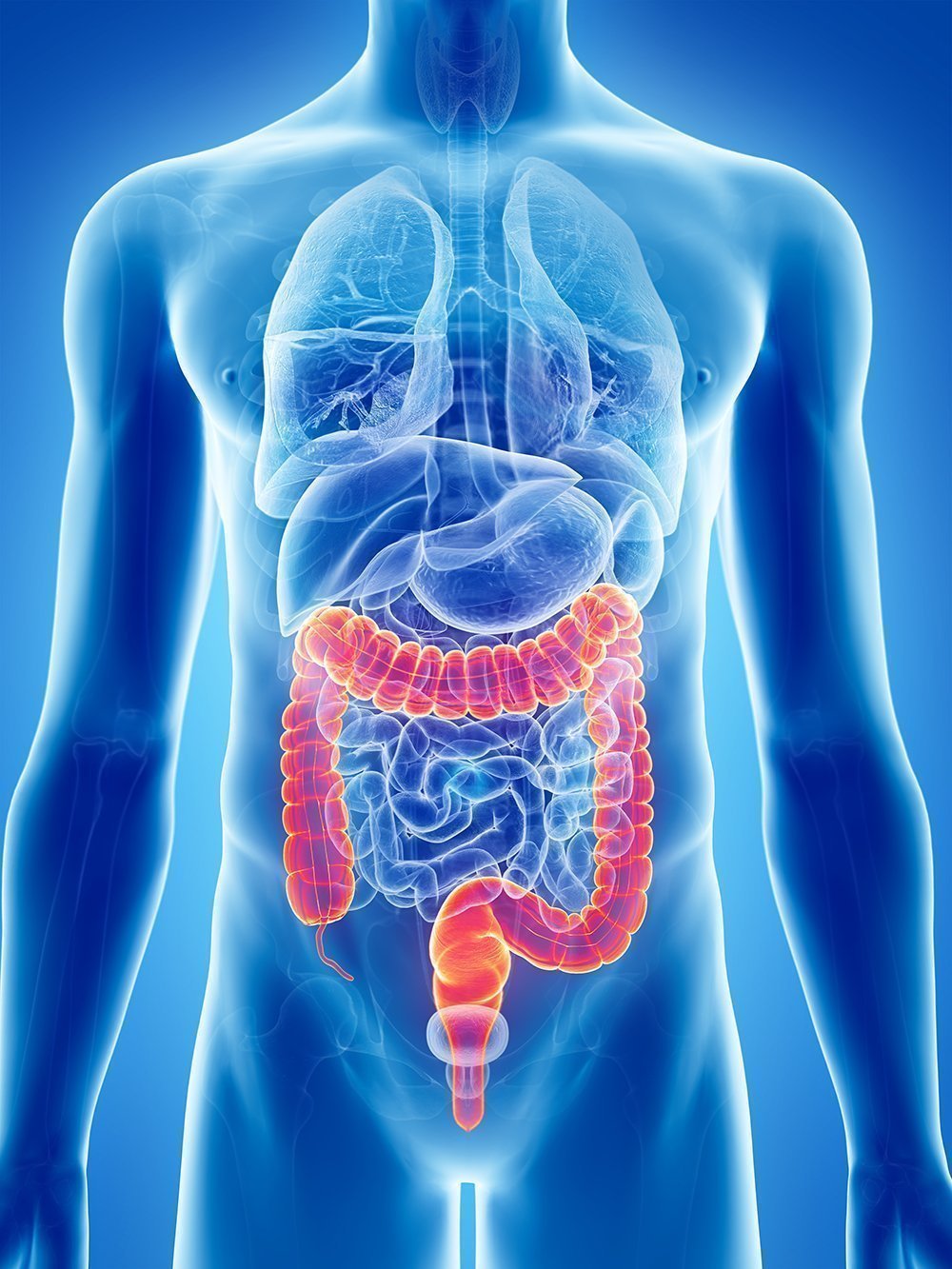

Understanding the Problem:
Crohn's disease is an inflammatory bowel disease that can spread throughout the whole digestive tract (small and large intestine), invading its deeper layers. Its symptoms usually develop gradually, but sometimes may even appear abruptly without warning. This disease can incapacitate its victim and is even known to cause life-threatening complications. Modern therapies have proven to greatly reduce its symptoms and even bring about long-term remission and healing of inflammation.
Signs & Symptoms:
- Abdominal pain and cramping
- Diarrhea / blood in the stool
- Fever
- Fatigue
- Mouth sores
- Reduced appetite / weight loss
- Pain near or around the anus
Examinations Required:
- Blood tests - check for anemia or signs of infection
- Stool tests - check for hidden blood and/or parasites in the stool
- Colonoscopy & Biopsy
- CT Enterography / MR Enterography - view detailed images of organs and tissues
- Capsule endoscopy - swallow a capsule that has a camera in it that takes pictures of the small intestine
- Balloon-assisted Enteroscopy - when capsule endoscopy shows irregularities but the diagnosis is still questionable
If any of these tests suggest Chron’s Disease, Minimally Invasive Robotic Surgery may be advised.
Rectal Prolapse
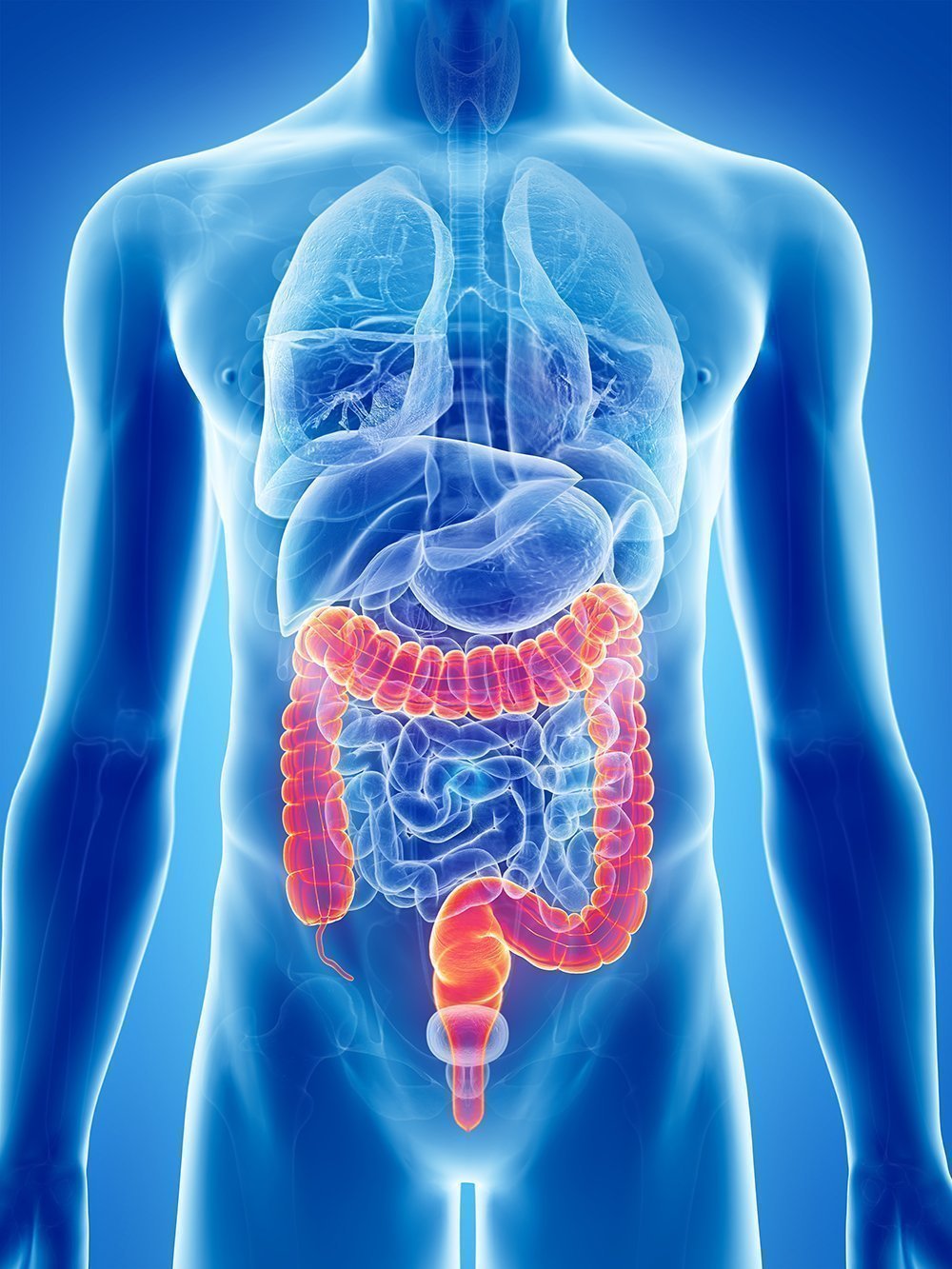

Understanding the Problem:
Rectal prolapse refers to the condition in which the rectum (the lower section of the large intestine) falls out of the anus, the terminal part of the digestive tract. This condition may cause fecal incontinence, and even though medications and therapies can help, surgery is the treatment of choice.
Signs & Symptoms:
- The rectum protrudes out of the anus;
- Blood and mucus leaking from the anus;
- Deep lower abdominal pain;
- Feeling constipated (the rectum is never completely emptied);
- Bowel movement difficulties;
Examinations Required:
- Proctography / Defecography - X-ray video of the rectum
- Anal manometry - test the strength of the anal sphincter muscles
- Anal electromyography - determine the level of nerve damage within the anal sphincters
- Anal ultrasound - evaluate the shape and structure of the anal sphincter muscles and surrounding tissue
- Colonoscopy
- MRI - evaluate detailed images of the pelvic organs
If any of these tests suggest Rectal Prolapse, Minimally Invasive Robotic Surgery may be advised.
AIMIS Robotics and the daVinci Xi
AIMIS Robotics and the daVinci Xi
At the American Institute of Minimally Invasive Robotic Surgery - AIMIS Robotics, you can expect the golden standard for Colorectal Procedures such as:
- Colectomy / Proctocolectomy
- Colostomy
- Hemorrhoidectomy
- Inflammatory Bowel Disease (IBD) Surgery
- Sigmoidectomy
- Internal Sphincterotomy
- Rectopexy - Rectal Prolapse Surgery
- and many more...
Our Surgical Robot, the “daVinci Xi”, provides state-of-the-art robotic technology, allowing the surgeon’s hand movements to be scaled, filtered and translated into precise movements for the overall benefit of the patient. The daVinci Xi System also provides superior 3D imaging, for improved surgical visual definition and clarity.

Our surgeons at AIMIS Robotics are amongst the leading International experts in the field of General Surgery, offering innovative, multifaceted Colorectal interventions. Their extensive knowledge in Minimally Invasive Surgery guarantees excellence in their surgical outcomes, whilst minimizing postoperative complications (often associated with traditional “open” surgeries).

At AIMIS Robotics, our goal is to provide an individualized and compassionate medical experience in a comfortable environment via our extensive surgical expertise, cutting-edge surgical technologies, highly trained professionals and luxurious facilities. You will be appointed a member of the AIMIS Robotics team to be your personal “guardian angel”, to guide you throughout the process. Flights, accommodation, transportation, hospital procedures, paperwork, headaches, headaches, headaches… We are here to take care of it all for you, so you can focus on your health and recovery.
daVinci Xi Benefits – Colorectal Procedures:
daVinci Xi Benefits – Colorectal Procedures:
- Shorter operation
- Less blood loss
- Less pain and discomfort
- Minimal scarring
- Lower risk of post-operative complications
- Shorter hospitalization
- Faster recovery and return to normal activities
- Faster return of bowel function and normal diet

Get a Second Opinion!
No commitment! No cost! Just upload your MRI/CT Scan and let our world class surgeons give you a second opinion.
The American Institute of Minimally Invasive Robotics Surgery
The American Institute of Minimally Invasive
Robotics Surgery
Get In Touch With Us
Certifications – Accreditations:
Certifications – Accreditations

Quality
Management
Information
Security
Health
& Safety








